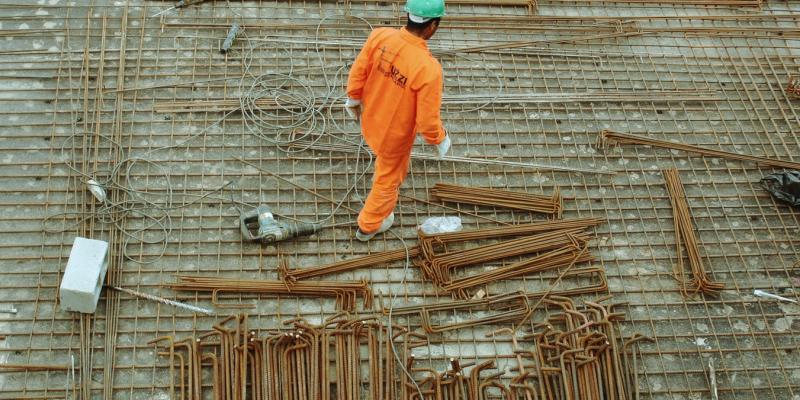
RALEIGH—The physical and financial burdens of home maintenance can sometimes become too much for low-income elderly and disabled homeowners, forcing them out of their homes and into costly institutional care. Help exists for vulnerable North Carolina households, however, thanks to $6.75 million awarded from the NC Housing Finance Agency to local partners statewide.
The Agency awards the funds through the Urgent Repair Program (URP) and Displacement Prevention Partnership (DPP) for emergency repairs and accessibility modifications that help veterans, seniors and persons with disabilities stay in their homes. The return on these investments includes significant savings on public health care costs. In fact, a 2016 cost/benefit analysis showed that $1 in URP funding could save up to $19 in Medicaid/Medicare spending. Communities also benefit: the Harvard Joint Center for Housing Studies reports that home repair investments boost surrounding property values.
Local governments and nonprofit organizations serving 61 counties will receive $4.5 million in URP funds to repair 631 homes. [EDITOR: See list of awardees at end.] URP finances emergency home repairs correcting housing conditions that threaten life or safety for North Carolina homeowners who are elderly or who have special needs and whose incomes are below 50% of the median for their area. URP also finances accessibility modifications for those facing injury or serious illness. Celebrating 25 years, URP has assisted more than 14,900 households in all 100 counties. Last year, URP recipients had an average income of $13,656.
DPP will use the remaining $2.25 million in funding to prevent the displacement of very low-income homeowners with severe mobility limitations. Typical modifications include construction of wheelchair ramps, widening of doorways for use of mobility devices and installation of roll-in showers. DPP operates as a statewide pool shared by 16 local Independent Living offices in the Department of Health and Human Services Division of Vocational Rehabilitation. To date, the Displacement Prevention Partnership has assisted 5,040 persons with disabilities in all 100 counties. The average income of DPP recipients last year was $14,179.
“Investments in home rehabilitation and accessibility modifications help keep some of our state’s most vulnerable citizens in their homes, stabilizing neighborhoods and contributing to favorable economic and health outcomes statewide,” said Scott Farmer, NC Housing Finance Agency executive director.
Homeowners can learn more and search for a local partner offering assistance at www.nchfa.com/current-homeowners/repairing-your-home or by calling 919-877-5655.
The North Carolina Housing Finance Agency, a self-supporting public agency, has financed 282,080 homes and apartments since its creation in 1973.
Urgent Repair Program Award Recipients
- Catawba County
- Choanoke Area Development Association of North Carolina, Inc.
- Community Housing Coalition of Madison County
- Community Housing Solutions of Guilford, Inc.
- Edgecombe County
- Forsyth County
- Four Square Community Action, Inc.
- Gaston County
- City of Goldsboro
- Habitat for Humanity of Charlotte, Inc.
- Habitat for Humanity of Durham, Inc.
- City of Hickory
- City of High Point
- Hoke County
- Hope Comes Home
- Johnston-Lee-Harnett Community Action, Inc.
- City of Kannapolis
- Kerr-Tar Regional Council of Governments
- Lexington Housing Community Development Corporation
- Macon County
- Moore County
- Mountain Housing Opportunities, Inc.
- Mountain Projects, Inc.
- Nash County
- Orange County
- Partners in Ministry
- Piedmont Triad Regional Council
- Pitt County
- Rebuilding Together of the Triangle, Inc.
- City of Rocky Mount
- Rutherford County
- Sampson County
- City of Sanford
- The Housing Assistance Corporation
- Union-Anson County Habitat for Humanity, Inc.
- Western Piedmont Council of Governments
- Wilmington Area Rebuilding Ministry, Inc.
- City of Wilson